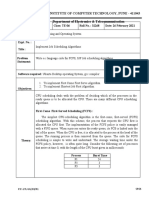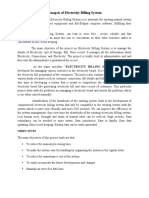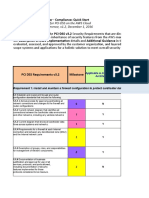0% found this document useful (0 votes)
17 views11 pagesDSA Pract07
Uploaded by
adityahtayadeCopyright
© © All Rights Reserved
We take content rights seriously. If you suspect this is your content, claim it here.
Available Formats
Download as DOCX, PDF, TXT or read online on Scribd
0% found this document useful (0 votes)
17 views11 pagesDSA Pract07
Uploaded by
adityahtayadeCopyright
© © All Rights Reserved
We take content rights seriously. If you suspect this is your content, claim it here.
Available Formats
Download as DOCX, PDF, TXT or read online on Scribd
/ 11
You might also like
- No ratings yetRaj Os Lab Manualjkkkkkkkkkkkkkkkkkkkkkkkkkkkkkkkkkkkkkkkkkkkkkkkkkkkkkkkkkkkkkkkkkkkkkkkkkkkkkkkkkkkkkkkkkkkkkkkkkkkkkkkkkkkkkgggggggggggggggggggggggggggggggggggggggggggggggggggggggggggggggggggggggggggggggggggggggggggggggggggggggggggggggggggggggggggggggggggggggggggggggggggggggggggggggggggggggggggggggggggggggggggg11321F005511321F005511321F005511321F005511321F005511321F005511321F005511321F005511321F005511321F005511321F005511321F005511321F005511321F005511321F005511321F005511321F005511321F005511321F005511321F005511321F005511321F005511321F005511321F005511321F005511321F005511321F005511321F005511321F005511321F005511321F005511321F005511321F005511321F005511321F005511321F005511321F005511321F005511321F005511321F005511321F005511321F005511321F005511321F005511321F005511321F005511321F005511321F005511321F005511321F005511321F005511321F005511321F005511321F005511321F005511321F005511321F005511321F005511321F005511321F005511321F005511321F005511321F005511321F005511321F005511321F005511321F005511321F00551132116 pages
























































































